The retail landscape in the United States is undergoing a profound transformation, marked by the widespread closure of many iconic mall stores and chains.
This shift is being driven by changing consumer behaviors, the growth of e-commerce, and economic pressures that have intensified since the late 2000s and accelerated during the COVID-19 pandemic.
The closures of major retailers such as Macy’s, JCPenney, and others are reshaping communities and affecting millions of jobs nationwide.
The Decline of Malls and Its Impact on Jobs
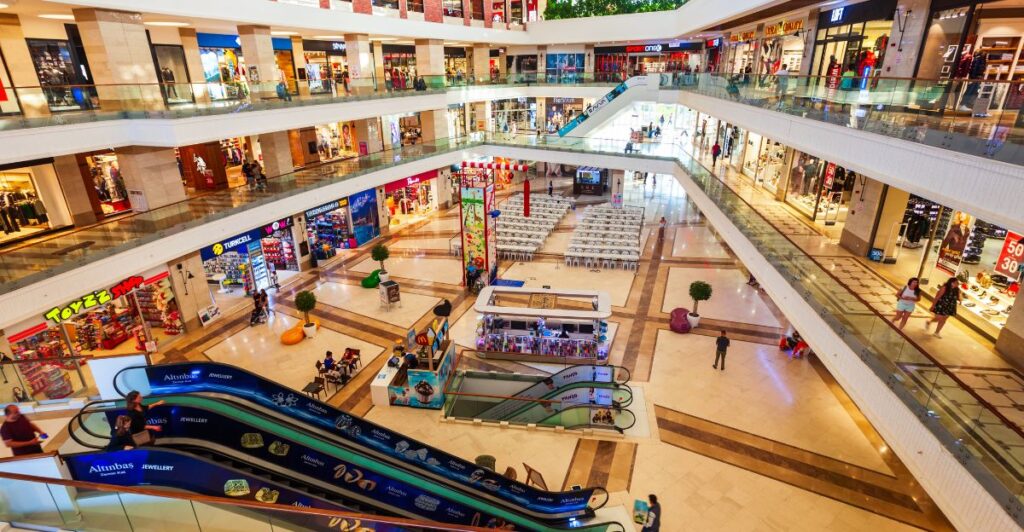
Anchor stores like JCPenney, which once formed the nucleus of any mall, are closing hundreds of locations. JCPenney, for example, has reduced its footprint from over 2,000 stores to just over 600 and is set to close another seven more by May 2025.
The closures directly affect the employees, leading to significant job losses in retail sales, management, and support roles. This has a ripple effect on a mall’s employees and local service workers, who depend on the traffic that these anchors generate.
Macy’s Massive Store Closures and Staff Reductions
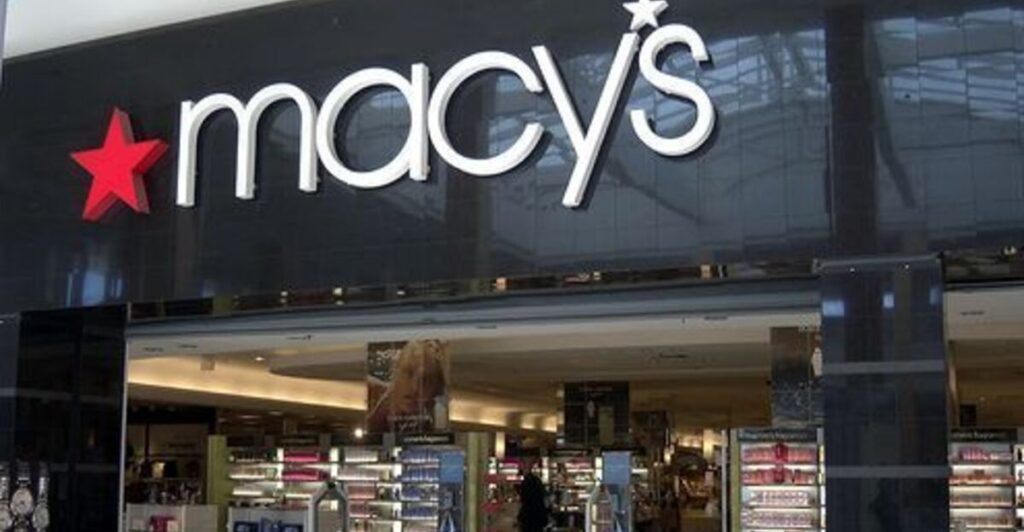
Macy’s announced plans to close 150 locations by 2026, cutting roughly one-third of its locations. The downsizing is part of a strategic shift toward more profitable stores and online sales. The closures will mean thousands of layoffs, affecting full-time and part-time employees across several states.
Macy’s employees face uncertainty as stores in major metropolitan areas like New York and California shut down, impacting local economies and families dependent on these jobs.
Widespread Retail Sector Troubles and Job Losses

In addition to Macy’s and JCPenney, other mall staples like Foot Locker, Bath & Body Works, The Body Shop, and Express are also closing stores or filing for bankruptcy. These mass closures add to a growing wave of job cuts in retail.
Many employees face the challenge of finding new employment in a contracting sector with fewer physical stores and more competition from online retailers.
Economic and Social Consequences for Communities
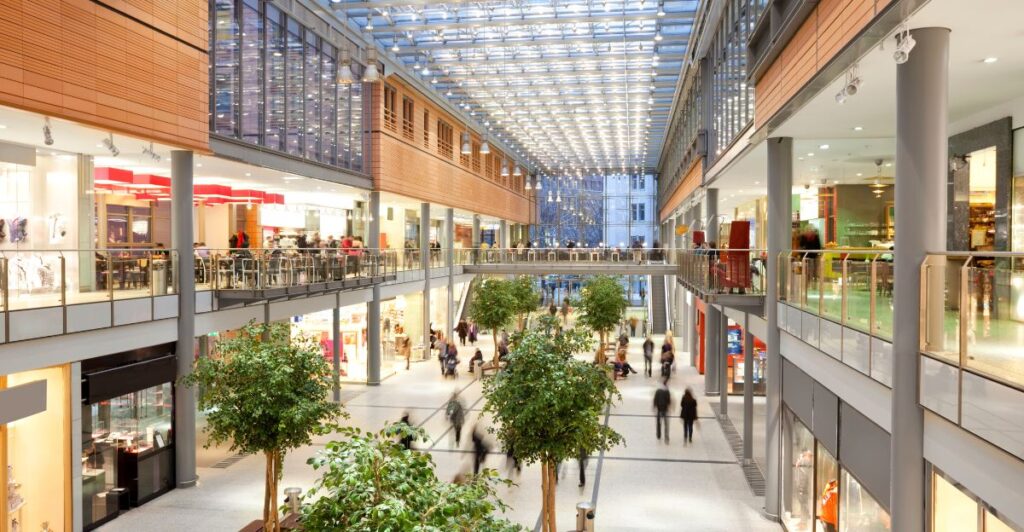
The closing of malls and stores affects more than just retail employees. Local economies, from restaurants to service providers, suffer as reduced mall traffic leads to lower revenues for surrounding businesses.
Job losses in retail can increase unemployment rates and reduce consumer spending power, creating a cycle that further depresses local economic activity
The Shift to E-commerce

Online shopping has reduced demand for physical stores, prompting retailers to invest in digital platforms. Although this shift creates work in logistics, warehousing, and technology, it does not fully compensate for the loss of retail floor jobs.
Many displaced retail workers may not have the qualifications or opportunities to transition to these new roles, leading to longer-term employment challenges.
Mall Closures and the Decline of Social Spaces
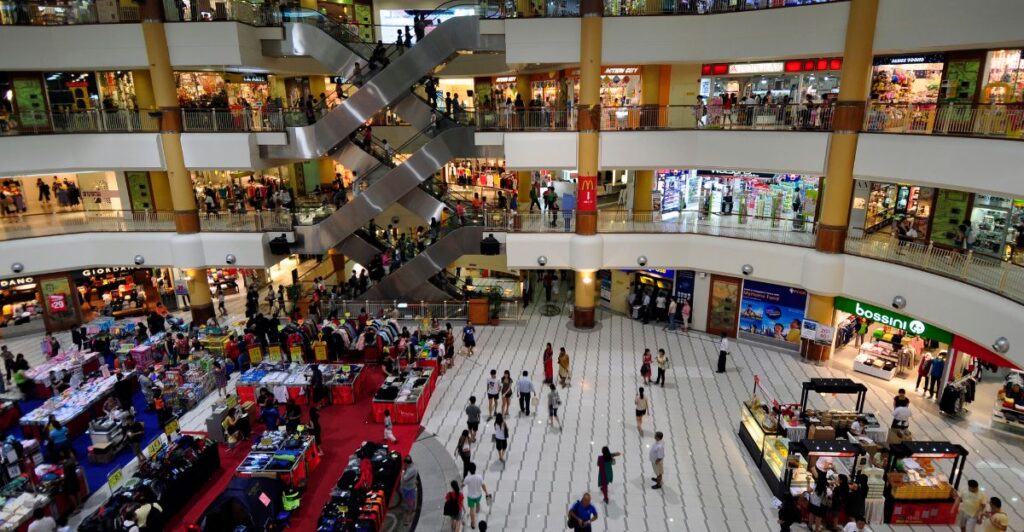
The mall has long been a community hub and a social gathering place. In their decline, there are fewer public spaces for social interaction and local events, which can harm community relations.
The loss of jobs in these spaces also reduces opportunities for youth and part-time workers who often rely on retail employment as a first job or supplemental income.
Implications for Real Estate and Property Developers

Property developers like JBG Smith are closing down long-standing mall properties, such as the Crystal City Shops area near Washington, D.C.
These closures not only eliminate retail jobs but also impact maintenance, security, and service jobs associated with mall operations. The repurposing or abandonment of these properties can lead to further economic decline in affected areas.
Retail Bankruptcy and Its Workforce Fallout

Retailers like Big Lots and Express have filed for bankruptcy, prompting swift store closings and layoffs. Bankruptcy cases frequently lead to sudden job losses without severance, leaving many employees without financial safety nets.
The cumulative effect of multiple bankruptcies in the retail sector exacerbates job insecurity and economic hardship for affected employees.
The Future of Retail Employment
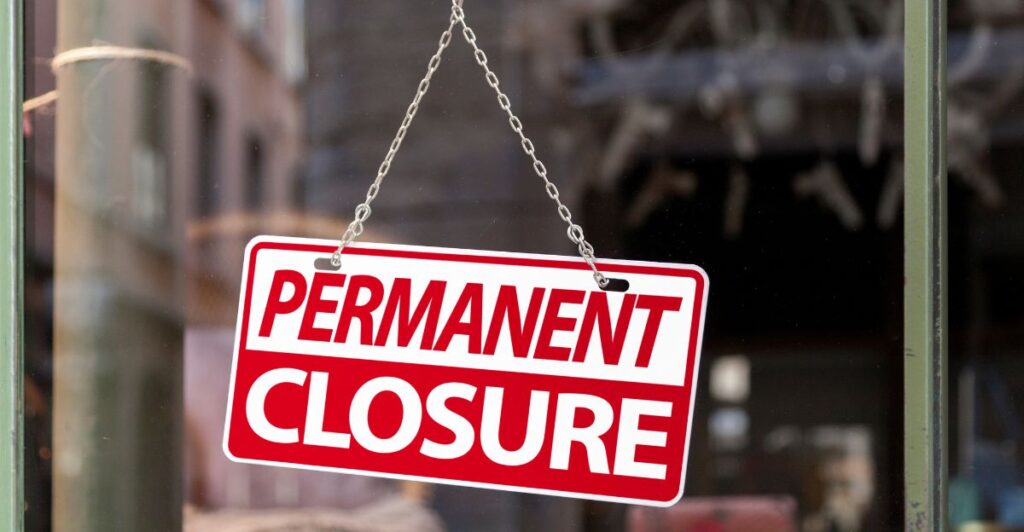
And as more and more retailers close stores and cut back on the size of their operations, the retail job market probably will continue to shrink. Displaced workers may confront a more challenging environment with fewer available jobs, wage pressures, and retraining requirements.
Communities must explore economic diversification and support programs to help workers transition to new industries.
References:
Iconic mall chain shuttering more stores forever
Iconic chain drops plan to exit bankruptcy, begins liquidating